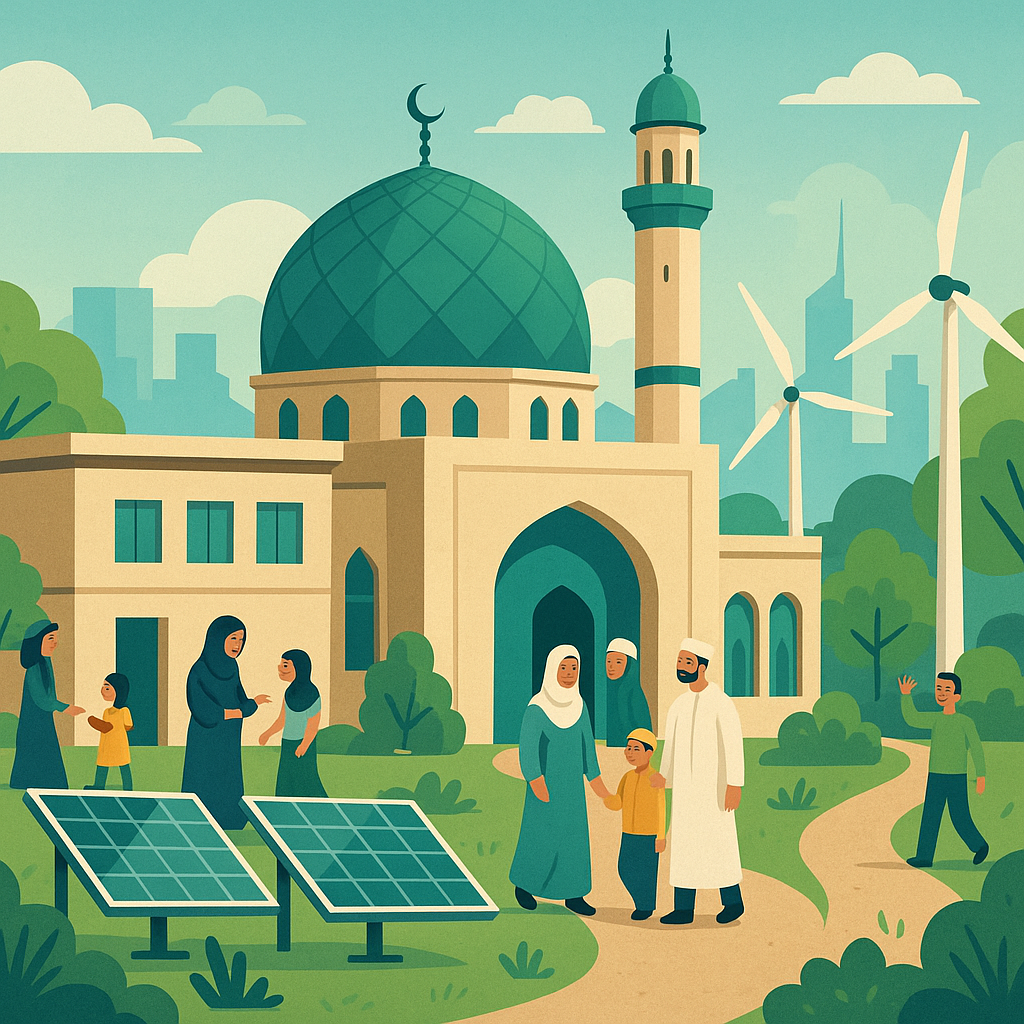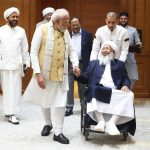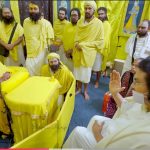The Future of Mosques and Madrassas: Reform, Environment & Outreach
In the 21st century, mosques and madrassas—the cornerstone institutions of Muslim community life—are undergoing profound transformation. Once seen primarily as places of worship and religious instruction, they are increasingly evolving into centers of social welfare, environmental stewardship, and interfaith engagement. The question is not whether they will change, but how they will redefine their purpose to stay relevant in a rapidly shifting world.
Reform: Reclaiming Relevance through Education
Reform has become a central theme in the conversation around madrassas. Historically, these schools played a vital role in preserving Islamic scholarship and moral education. However, as modern societies demand new skills, there is a growing call for madrassas to integrate contemporary subjects—science, technology, mathematics, languages, and civic studies—alongside traditional religious learning.
In several parts of India, Indonesia, and the Middle East, reformed madrassas are already blending Qur’anic teachings with computer literacy and social sciences. This approach is empowering young Muslims to navigate both spiritual and professional worlds. Governments and NGOs are also collaborating to create accreditation systems, teacher training programs, and digital platforms for religious education. The future madrassa may thus become a hybrid institution—grounded in faith but fluent in modernity.
Green Islam: Mosques as Environmental Leaders
Another emerging shift is the “greening” of mosques. Across the world, faith communities are realizing that ecological care is a spiritual duty. In Islam, the concept of Khalifa (stewardship) teaches that humans are guardians of the Earth. This has inspired a new wave of eco-friendly mosques built with sustainable materials, solar panels, and water recycling systems.
Examples abound—from the Cambridge Central Mosque in the UK, known as Europe’s first eco-mosque, to small community mosques in India and Malaysia that promote tree-planting drives and plastic-free zones. In these spaces, Friday sermons increasingly touch on climate change, conservation, and waste management, reminding worshippers that protecting creation is a form of worship itself. Going forward, mosques are poised to lead local climate action campaigns and partner with environmental NGOs to foster a culture of “green faith.”
Digital Outreach: Faith in the Age of Connectivity
The digital revolution has not bypassed religious institutions. Mosques and madrassas are now reaching millions through livestreamed sermons, online classes, and mobile apps that offer daily Qur’an readings, prayer reminders, and community news. This digital outreach became especially vital during the Covid-19 pandemic, when physical gatherings were restricted.
In the future, virtual learning platforms and artificial intelligence tools could personalize Islamic education—offering tailored study paths and language-specific Qur’an explanations. Imams are also using social media to connect with younger generations, addressing real-life issues such as mental health, gender equality, and social justice from an Islamic perspective. The mosque of tomorrow might be both a physical sanctuary and a digital community hub accessible 24/7.
Women’s Spaces and Inclusive Participation
Another important direction of reform is inclusivity. Traditionally, women’s access to mosques and leadership roles within madrassas has been limited in many societies. However, there is a growing recognition that women’s participation enriches community life and ensures balanced representation.
Several countries have introduced women’s sections in mosques with dedicated prayer halls, educational programs, and leadership training for female scholars (alimat). In some regions, women-led mosques and digital study circles are gaining popularity. This signals a shift toward a more inclusive religious environment—where education and worship are open to all, regardless of gender or age.
Community Outreach and Social Services
Beyond worship, mosques and madrassas are reviving their social welfare functions. In early Islamic history, mosques served as centers of justice, education, and charity. That legacy is being rekindled through community kitchens, health camps, blood donation drives, and disaster relief initiatives. Madrassas are also serving as literacy centers for underprivileged children and vocational training hubs for youth.
By engaging in these activities, religious institutions not only strengthen community bonds but also counter stereotypes by showcasing Islam’s emphasis on compassion, service, and coexistence. Many imams and scholars now work in collaboration with interfaith networks to promote peace, tolerance, and dialogue in multicultural societies.
Challenges and the Road Ahead
Of course, the journey toward reform is not without resistance. Some conservative circles view modernization as a threat to tradition, while others worry about government interference. Yet, most reformers argue that preserving faith requires adapting its expression to contemporary realities. The challenge lies in maintaining authenticity while embracing progress.
The future of mosques and madrassas depends on visionary leadership, transparent governance, and community participation. By integrating ethical education, environmental consciousness, and digital accessibility, these institutions can continue to inspire and unite Muslims worldwide.
Faith Rooted in the Future
The transformation of mosques and madrassas is not a rejection of tradition but its renewal. As centers of faith, learning, and service, they have the potential to become models of sustainability, inclusivity, and modern spirituality. In an era defined by climate change, inequality, and digital disconnection, their evolution represents a bridge between the sacred and the social—a reminder that faith, when lived consciously, can still illuminate the path forward.
~Religion World Bureau










